
How to look and sound relaxed in a media interview, performance tips
How to look and sound relaxed in a media interview, performance tips. In this episode, we are talking about your on-air performance. Because what you say is only half the story. How you say it is equally important. Now performance is quite a big topic so I've condensed my best advice into some simple, actionable take-homes for you today. So lets get into it.
Speaking too fast is a common issue which will stop you from looking relaxed in a media interview
First up, performance tip No.1 is don't speak too fast. This is a common problem and it's completely understandable. You'll be highly adrenalised especially if you are new to performing on TV, radio or podcasts.
Many people feel like they've got to fill airtime and get the whole experience over as soon as possible. Some people gabble, hardly take a breath and just keep going.
From a performance aspect, this leaves the impression that you are very nervous, and you probably are!
Slowing your delivery slightly, taking a beat between sentences and allowing time to take a breath can solve this.
You'll know from your own experience of watching TV news, a nervous contributor makes you feel; uncomfortable as the viewer.
So, Pace yourself and breathe.
And remember, It's not your job to fill airtime. Don't go on and on. Make your point succinctly, finish what you are saying and wait for the next question.
No light and shade in the way you speak can lead to a poor media performance
Next, a common performance issue is no light and shade in how you answer questions. People aren't naturally monosyllabic in normal conversation but they really go for it when they appear on air.
So what do I mean by this? Well, if you are excited about something then show it in your tone of voice. If you disapprove, or even if you're angry about something use the range and tone of your voice to express this.
Just channel some of that high school drama class into your performance.
More media training guides and podcasts

Building your personal brand so journalists find you first

Media interview quick-start guide
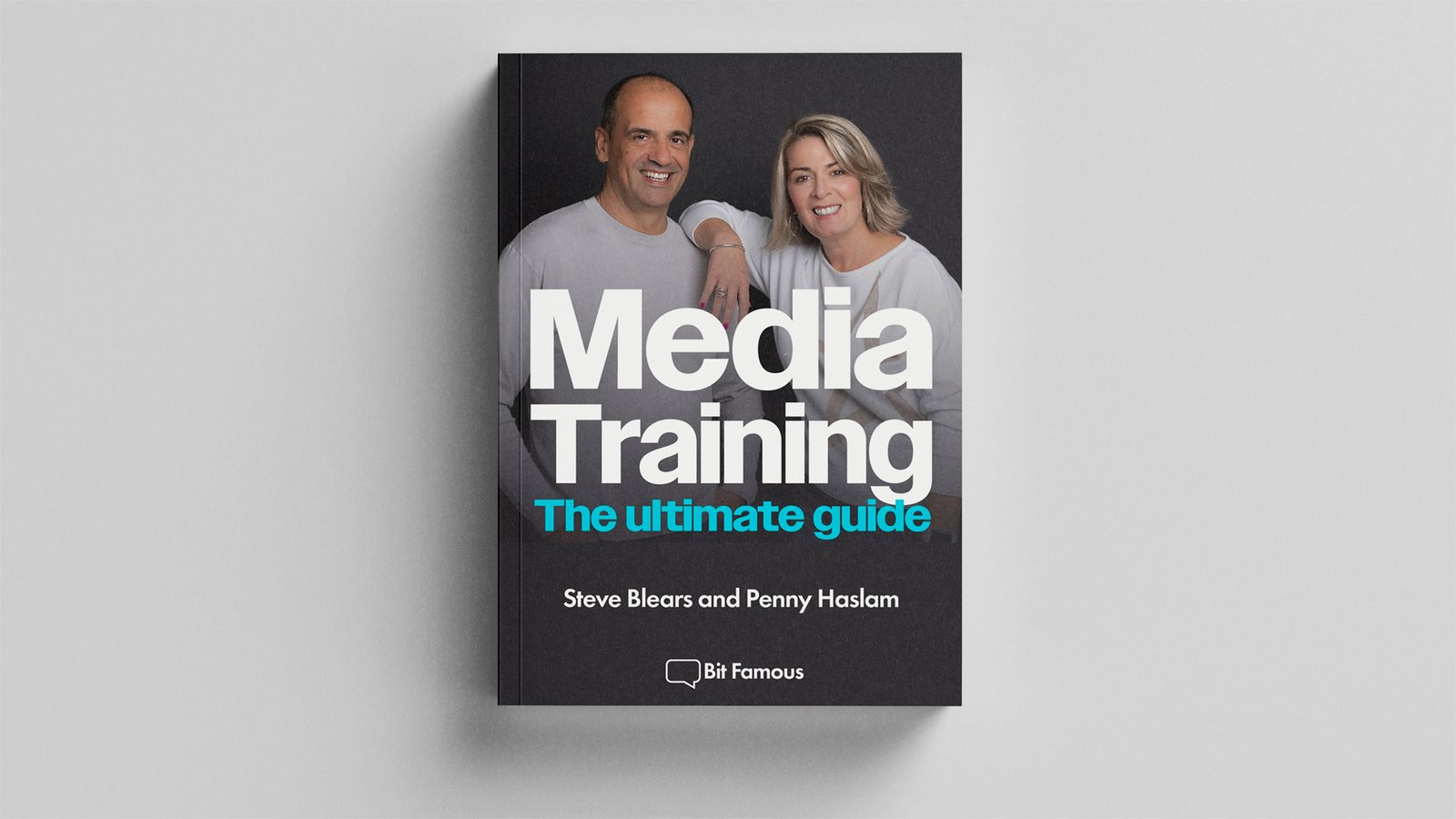
Media training book
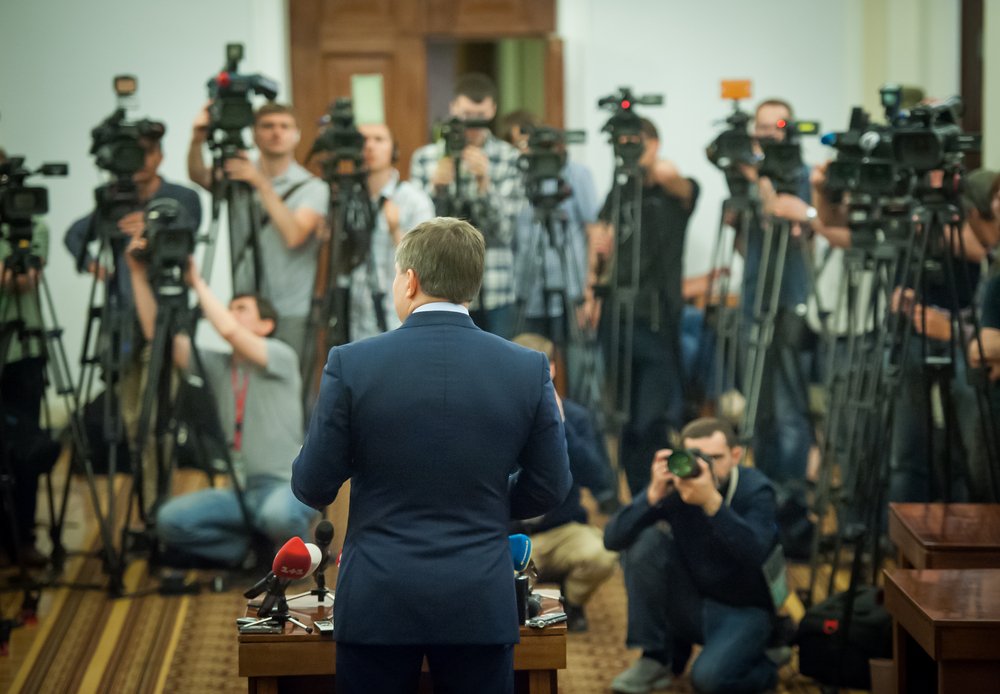
How to hold a press conference
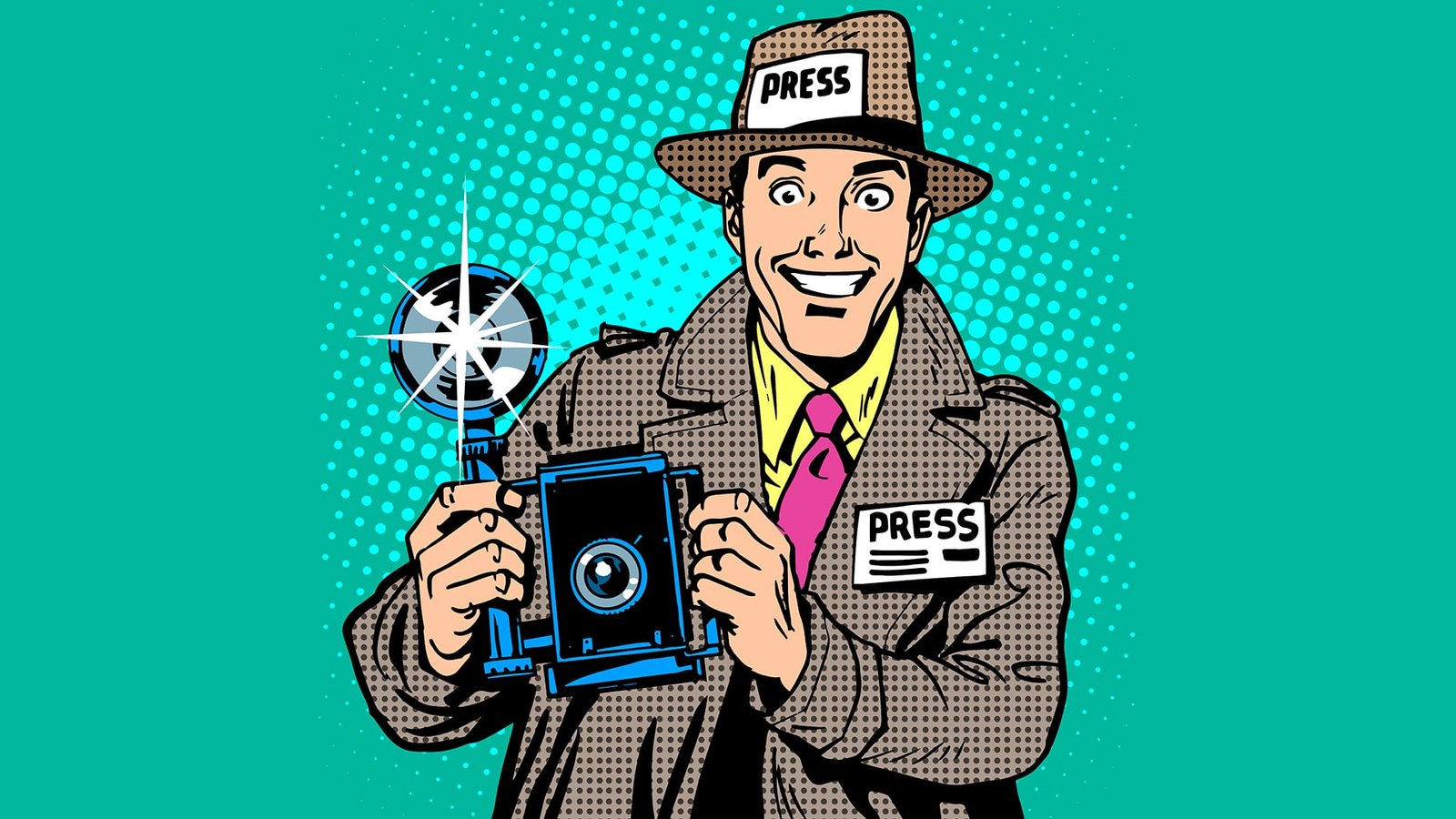
Time for a media training refresher?
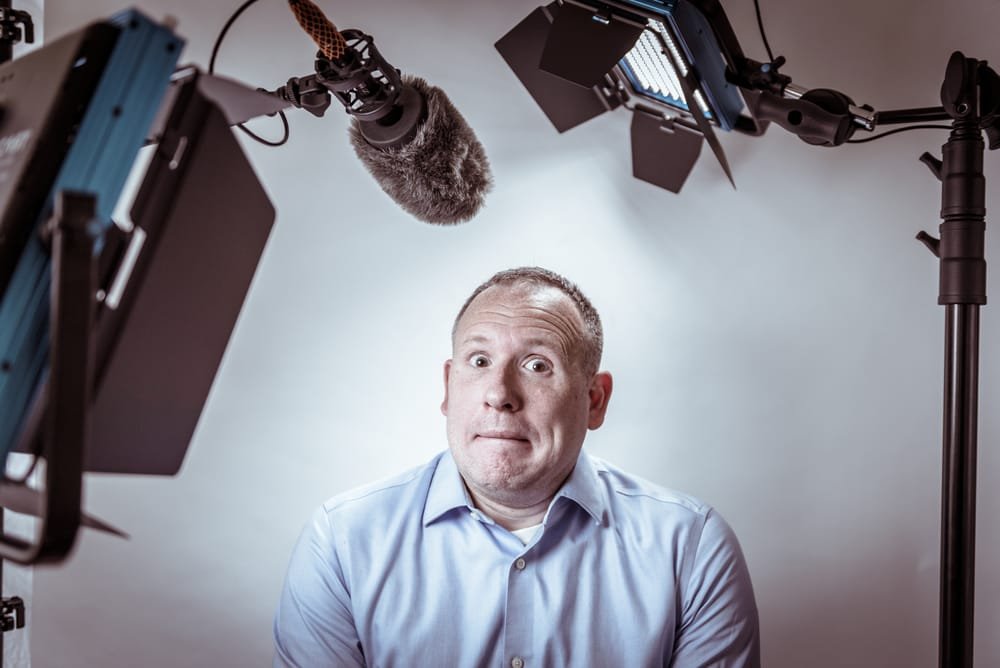
How to get your boss on board with media appearances

Is it okay to say “I don’t know” in a media interview?
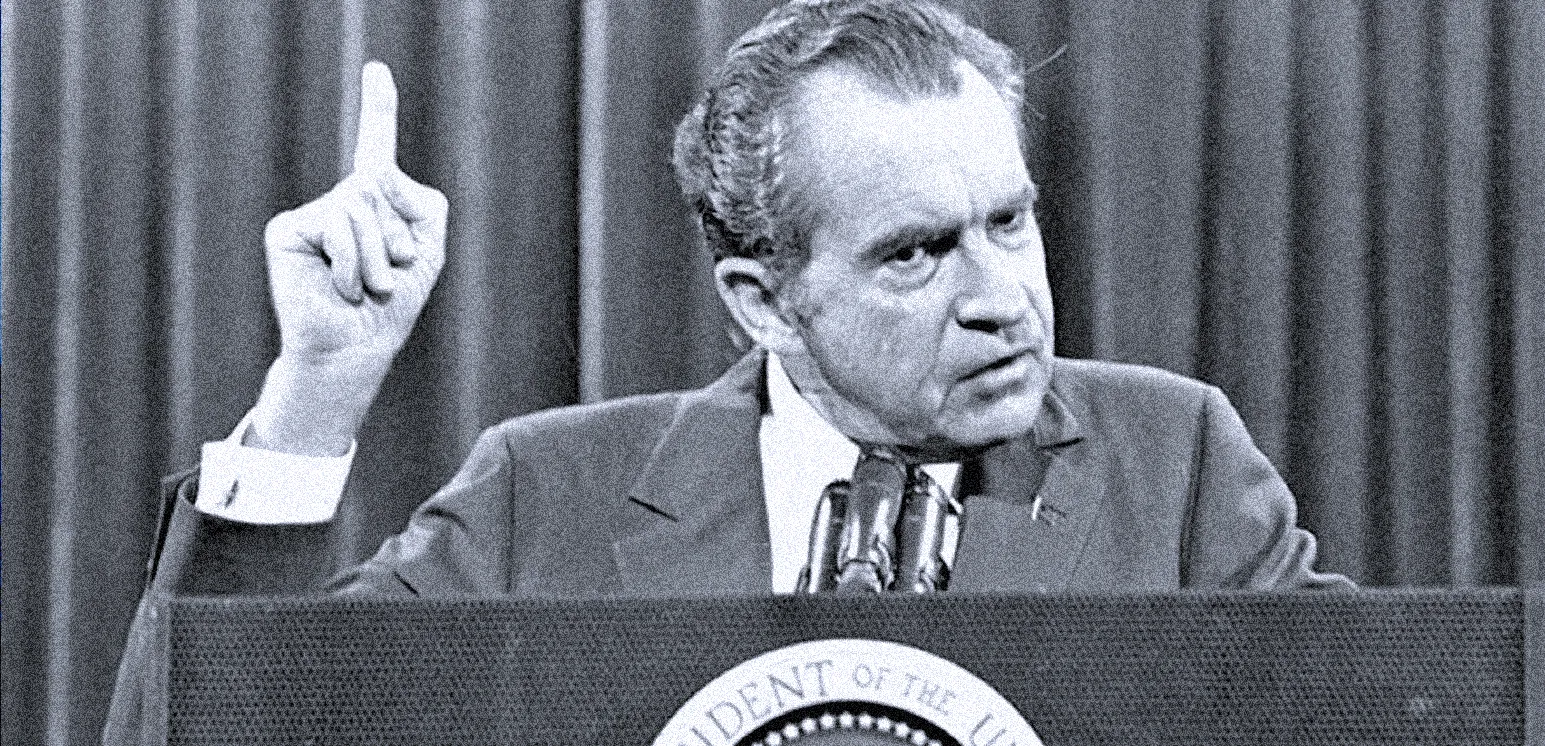
Why should you avoid repeating negative questions in media interviews?

How to look and sound relaxed in a media interview, performance tips

Mastering profile interviews in the media

Media appearances, the unwritten rules

Public apologies, how to say sorry in the media and mean it

Why off-the-record journalism is riskier than you think
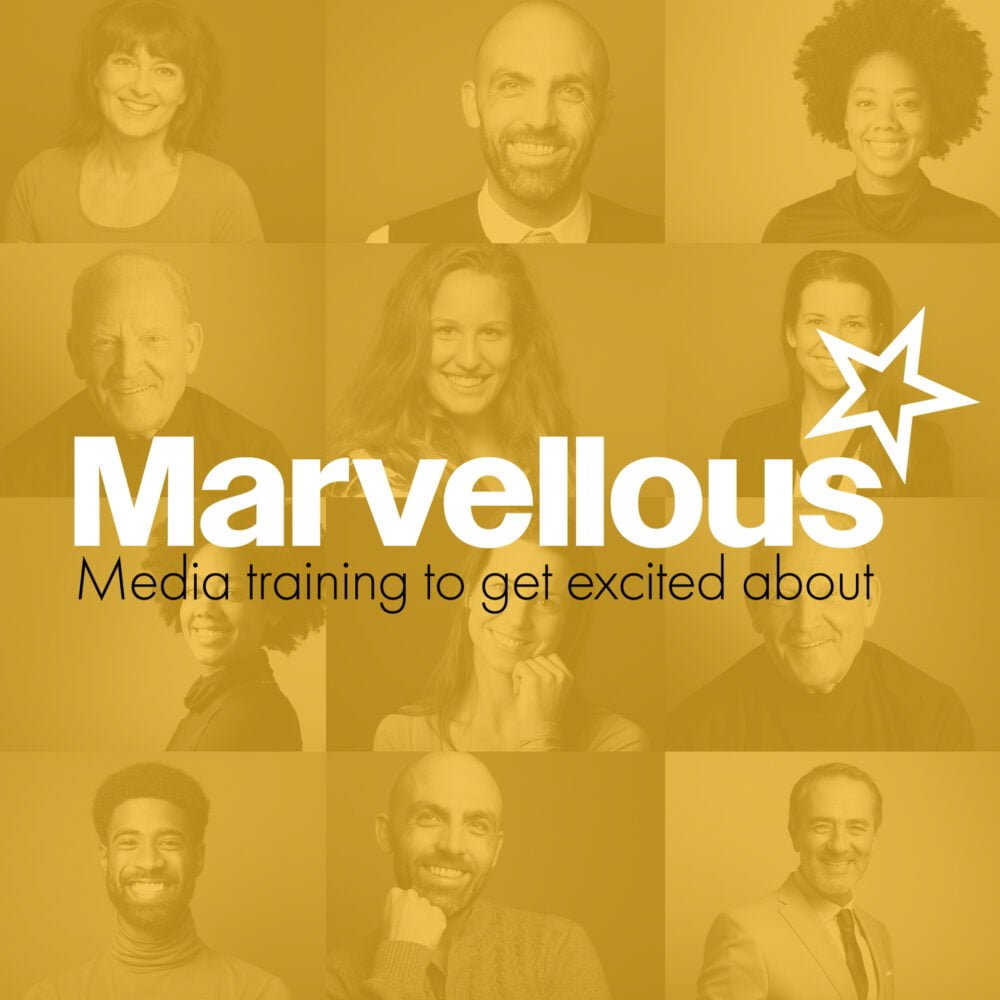
What are key messages in the media?
Now, when I get clients to practice this on camera they often feel quite silly but as soon as they watch it back they go "oh ye, I see what you mean, that does look normal."
Practice by filming yourself on your phone and watching it back.
If you smile while you are talking like I'm doing now. People will know, even on the radio and podcasts. Try it.
What you've got to remember here is that the mic and the camera drain your personality, so you've got to up your performance by another 10%.
Think, you on a great day after a coffee and a good night's sleep.
I'm doing it right now. I'm giving it some extra welly.
And Remember, people have a choice about listening and watching you. If you sound dull they're going to drift off.
Media performance tip for sounding relaxed and professional, signposting with your tone of voice.
My next media performance tip. Signposting with your tone of voice. This is about flagging where you are going in the conversation, not just with your words but with your tone of voice, specifically making it clear when you have finished your point.
Get it?
Media interviews are a pretend conversation. So play nicely, turn-taking is essential. Don't ramble, don't hog the airtime.
You're never going to be asked back if the presenter asks one questions and you ramble on for 5 minutes without taking a breath.
Make your best points first and then when you've finished sharing your idea, use your tone of voice to show that you've finshed.
Media interview performance tip: You listening face in repose
Right, my next media performance tip, is think about what you are doing with your face.
If you are being interviewed, its very likely that you will be in vision even if you aren't speaking. So, think about what you are doing with your face when the interviewer is talking. Pay attention, relax, smile, agree, listen with your face.
A newbie error here is to nod furiously. Don't overdo it.
It maybe you disagree with the question, that's fine, shoot a serious look. Whatever, focus on the interviewer and if you're not in the same studio (a remote interview, maybe via your laptop) then look at the lens to give the impression of eye contact.
Looking relaxed on-air, don't worry about hand waving
Next media performance tip. The No.1 thing I get asked during media training is - What should I do with my hands? Why is it when a video camera is switched on that people become so hand conscious?
The answer is who gives one! There's endless conflicting advice from media trainers online about whether to wave them about while speaking, it really doesn't matter.
When you are sitting on the bus do you worry about what you are doing with your hands? No. What about when you're doing the weekly shop? Are you thinking, (internal voice) Am i gesturing a bit too much. No.
If you wave you hands around while speaking - good for you. If you are not that person, great keep you hands in a relaxed position on you lap while seated or dangling there if you're standing up.
Are you worried that ums,ers and verbal ticks are ruining your media performance?
Final media performance tip and this one is about erms, ers and verbal ticks.
You know, ye, erm, to be honest, you know, erm, like I said, ye.
We all do this in natural conversation. Try not to overthink it. If you feel it's an issue make a practice video on your phone and play it to a friend, someone you know and trust to be honest - so not your mother - a work colleague who's a friend. Don't mention the erm, or thing you don't like.
What do they say, do they notice it? If not don't worry about it. If it's still an issue go back to my advice about slowing down your delivery. If you feel an erm coming try replacing it with a breath.
So those are my top performance tips to look and sound slick on air. Remember the more you practice, the less you'll care about this stuff and the more relaxed you'll appear on air. Good luck, you can do it!
Ok, If your team need some help with media appearances or perhaps 1-2-1 media coaching online would work for you...drop me a line. hello@bitfamous.co.uk. Thanks for listening.

Building your personal brand so journalists find you first

Media interview quick-start guide

Media training book

How to hold a press conference

Time for a media training refresher?

How to get your boss on board with media appearances

Is it okay to say “I don’t know” in a media interview?

Why should you avoid repeating negative questions in media interviews?

How to look and sound relaxed in a media interview, performance tips

Mastering profile interviews in the media

Media appearances, the unwritten rules

Public apologies, how to say sorry in the media and mean it

Why off-the-record journalism is riskier than you think

What are key messages in the media?
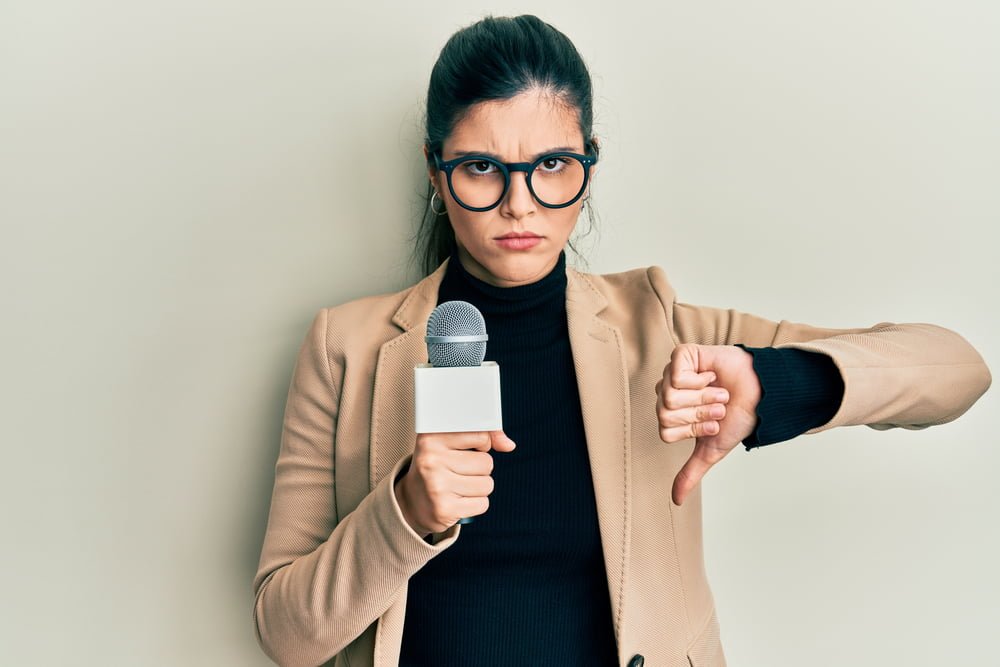
Give your leader feedback after a media interview

Why avoid corporate speak and office jargon in media interviews?
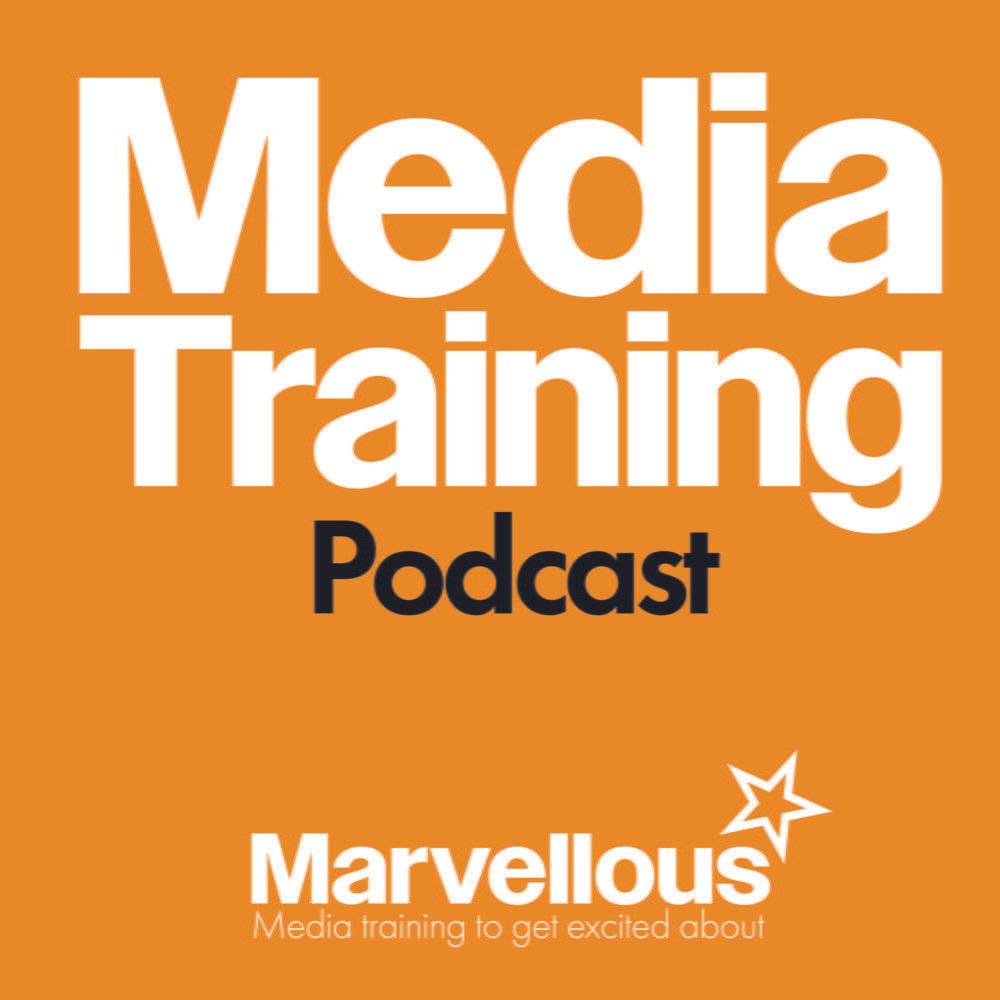
Media interview preparation checklist

How to create a founders’ origin story

How to answer hostile or negative questions from a journalist

How to be authentic in a media interview

Crisis Management: How to write a holding statement
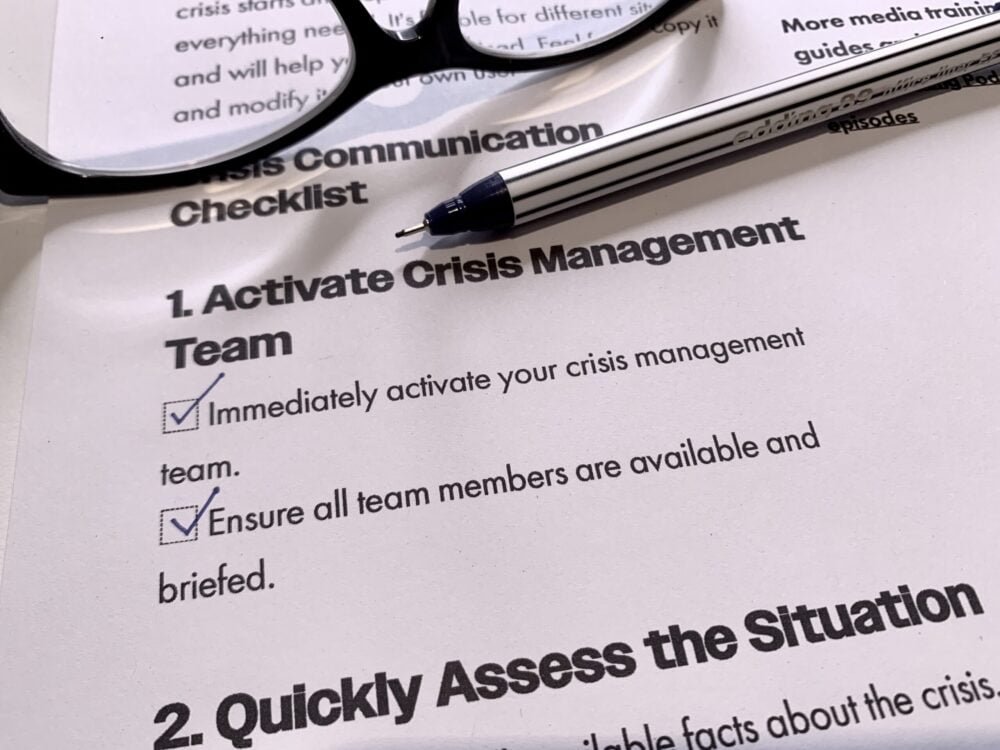
Crisis communications checklist
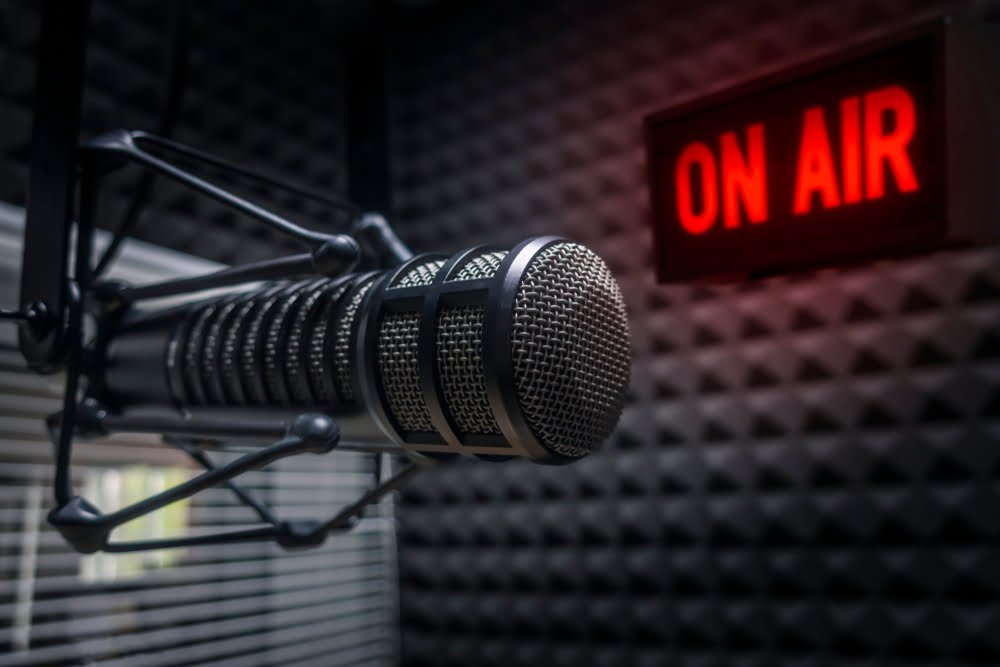
How to create a successful media soundbite
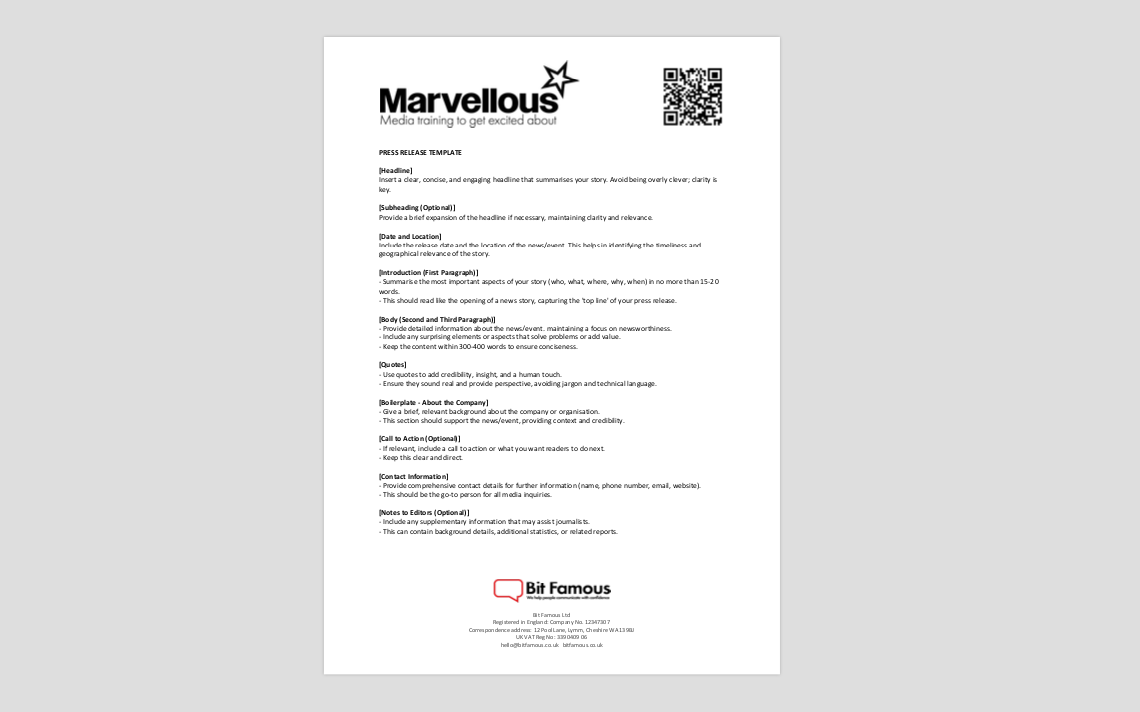
Free press release template (Word)
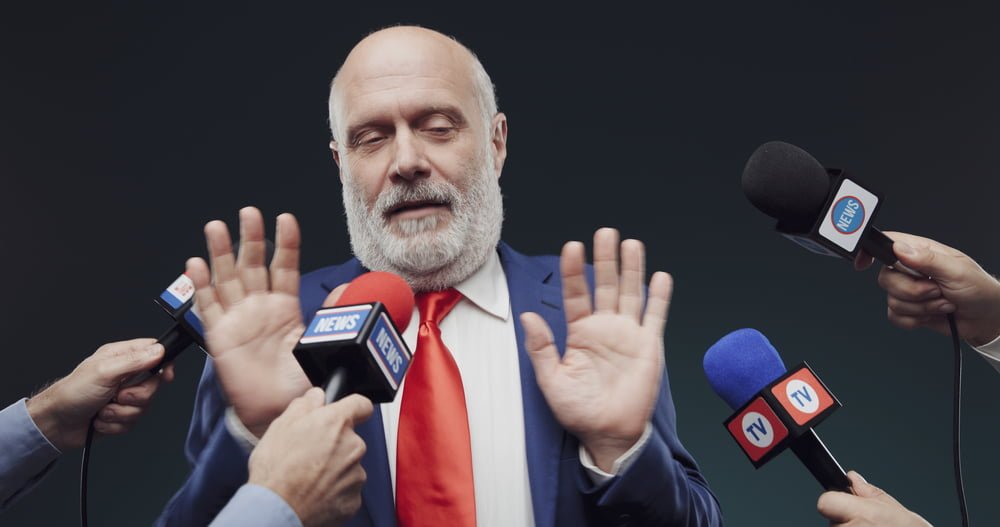
How do you handle a media question you don’t want to answer?
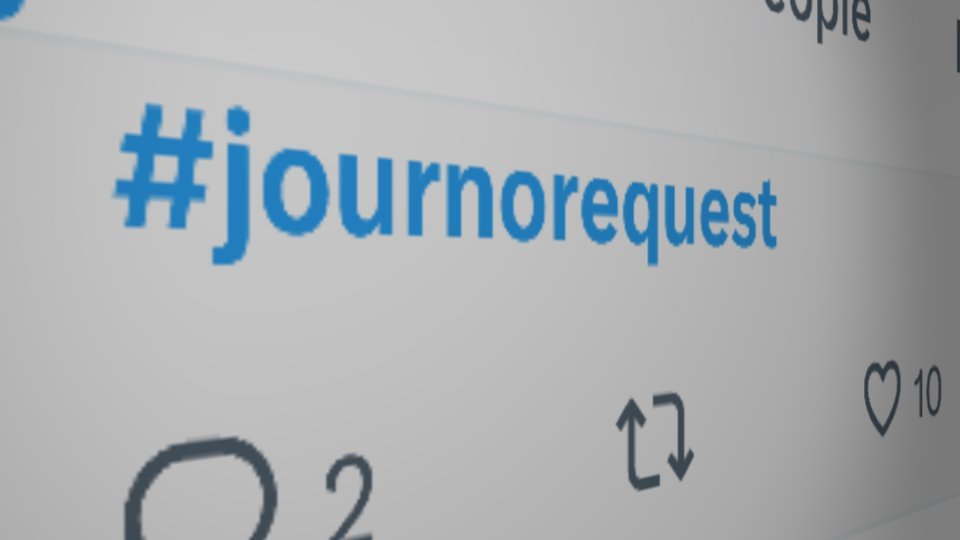
How to use #JournoRequest to get media attention for my business

How do I prepare for a TV interview online using Zoom, Teams or Skype?

How to appear on a business podcast

How to handle a difficult media interview
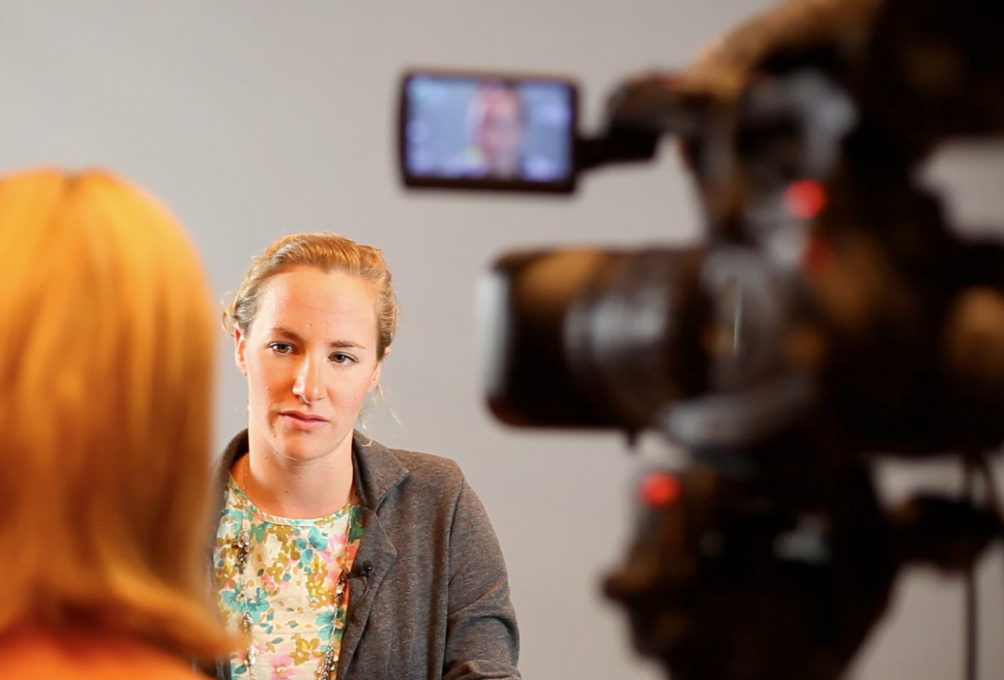
How to get featured in the media

How does the news work?
How can I develop a relationship with a journalist?


